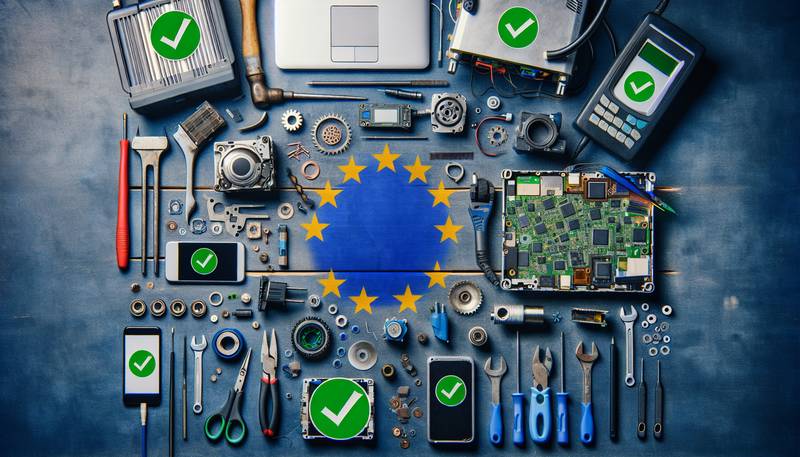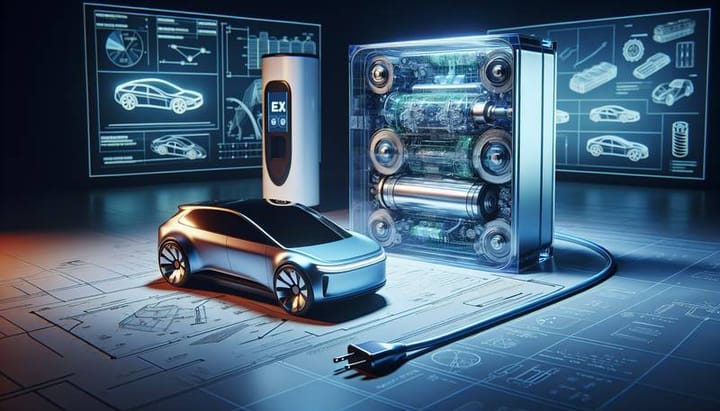EU's New Right-to-Repair Law Supports Consumer and Sustainability

In a move towards a more sustainable future, the European Union has recently adopted a new right-to-repair directive. This directive aims to make it easier for consumers to have their devices repaired, by extending warranties and obliging manufacturers to fix devices that are out of warranty.
New Warranty Rules
Under the new rules, if a device breaks under warranty, consumers will now have the choice between having it repaired or replaced. If they opt for a repair, the warranty will be extended by an additional year. This adds to the already existing two-year warranty that devices sold in Europe come with.
Obligation to Repair
Even after the warranty expires, manufacturers are still required to repair common household products that are repairable under EU law, such as smartphones, TVs, and certain appliances. During the repair process, consumers may be provided with a loaner device, or if the item can't be fixed, they may be offered a refurbished unit as an alternative.
Reasonable Repair Costs
Manufacturers are not allowed to deter consumers from getting repairs by charging exorbitant prices. They are also expected to supply spare parts and tools and not use contractual clauses or software techniques to avoid repairs.
Use of Second-Hand and Compatible Spare Parts
The new directive also states that manufacturers can't stop the use of second-hand, original, compatible, or 3D-printed spare parts by independent repairers, provided they comply with EU laws. Furthermore, manufacturers must provide clear information on their websites regarding the prices for repairs, and they can't refuse to fix a device that has been previously repaired by someone else or for economic reasons.
Room for Improvement
While the expanded rules have been applauded by Europe's Right to Repair group, they believe there were missed opportunities - such as including more product categories, a priority for repair over replacement, and granting independent repairers access to all spare parts and repair information. The coalition will continue to push for ambitious repairability requirements in each member state.
Environmental Impact
Right-to-repair rules not only help consumers save money but also aid in reducing e-waste, CO2 pollution, and more. The US is also currently debating similar legislation, with California's right-to-repair law set to come into effect on July 1, which will require manufacturers to stock replacement parts, tools, and repair manuals for seven years for smartphones and other devices costing over $100.
With these new rules, the European Union takes a significant step towards a more circular economy, supporting consumer rights, and encouraging sustainability.


